6 Signs of Heart Attack a Month Before
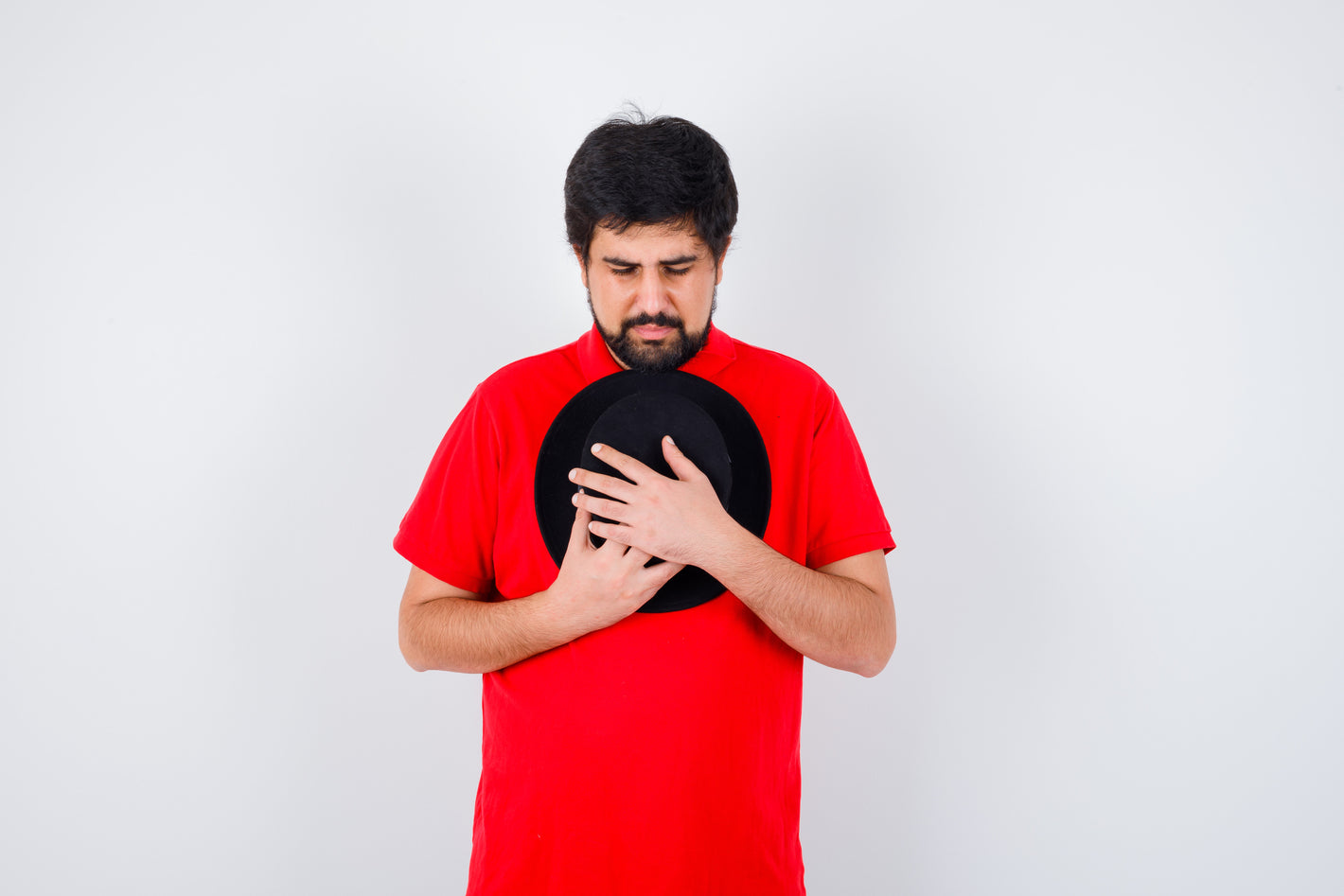
Related products
Fatigue
51.2% of women and 50.4% of men experience fatigue before a month of a heart attack. It is a routine experience, and some people continue to report it as one of the signs of a primary heart attack.
A lack of mental and physical motivation, excessive mental exhaustion, and extreme tiredness are terms used to describe the fatigue, which continues to worsen by the day of the attack. Some simple actions, e.g., making a bed shift or showering, become laborious and cumbersome.
Abdominal pain
The abdominal pain is identifiable in most of the cases of heart attack. The most apparent signs influencing both genders are nausea with a full or empty stomach and feeling bloated.

Often, people tend to mistake stomach pain for the signals of a heart attack. Other times, they do experience sudden abdominal pressures with the feeling as if an elephant is sitting next to their stomach. Sometimes, the stomach problems are made worse due to physical tension.
Dizziness
Lightheartedness and dizziness are expected for various reasons, e.g., standing up quickly, skipping meals, and dehydration. However, such a feeling is often a sign of a heart attack, too. Experiencing dizziness is a common sign of low blood pressure, vertigo and lower blood sugar levels.

Dizziness and fainting with shortness of breath and chest pain indicate a sharp decline in blood pressure and volume, which signals an imminent heart attack.
Swelling in the feet, legs, and ankles
These are signs that the heart is not pumping the blood as it should be. The blood is backing up in these veins due to insufficient heartbeat. Consequently, feeling puffiness in the legs, ankles, and heart is often a sign of a heart attack.
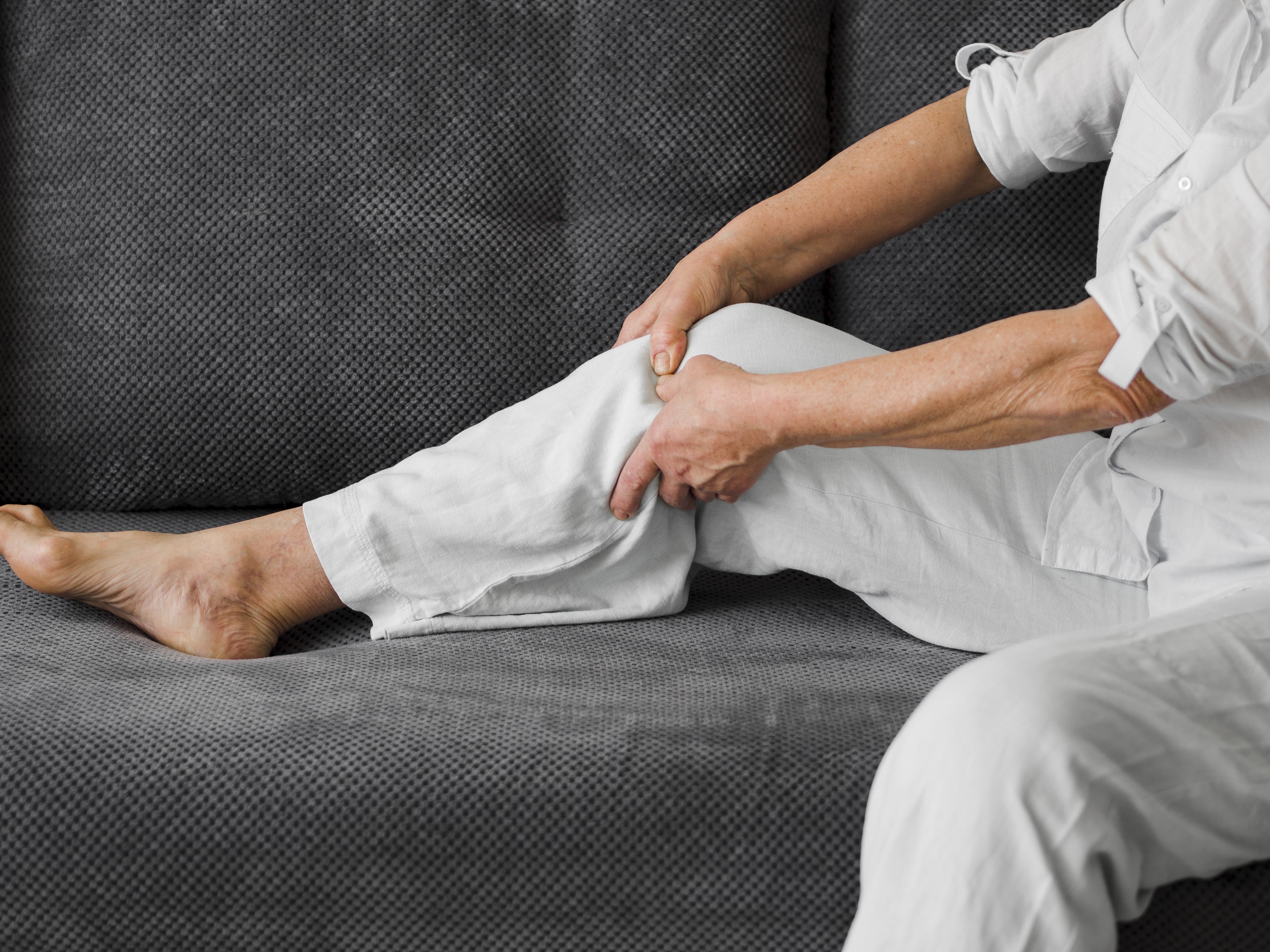
Congestive heart failure (CHF) causes a feeling of swelling in the feet. It is a chronic condition that makes the heart unable to pump blood to fulfil the heart's needs. Bloating is occasionally the consequence of heart failure, as the kidneys find it challenging to flush out enough sodium and water.
Sweating
Experiencing cold sweats or excessive perspiration is often a sign of heart illness unless it occurs due to other conditions, particularly exercise or menopause. The heart attack causes a fight or flight response, putting a person in survival mode.

This survival mood is experienced like a flu-like symptom, excessive perspiration, or clammy skin, regardless of physical activities or the outside temperature.
Night sweats are among the common signs of a heart attack. Some individuals, particularly women, tend to view it as a sign of menopause. However, waking up routinely, with the sheets soaking up due to sweating, is often a sign of heart illness.
Heart palpitations
The inappropriate reception of blood in the heart causes many things to go wrong in the body, including heart palpitations. The absence of nutrient-rich blood causes heart agitation and palpitations.
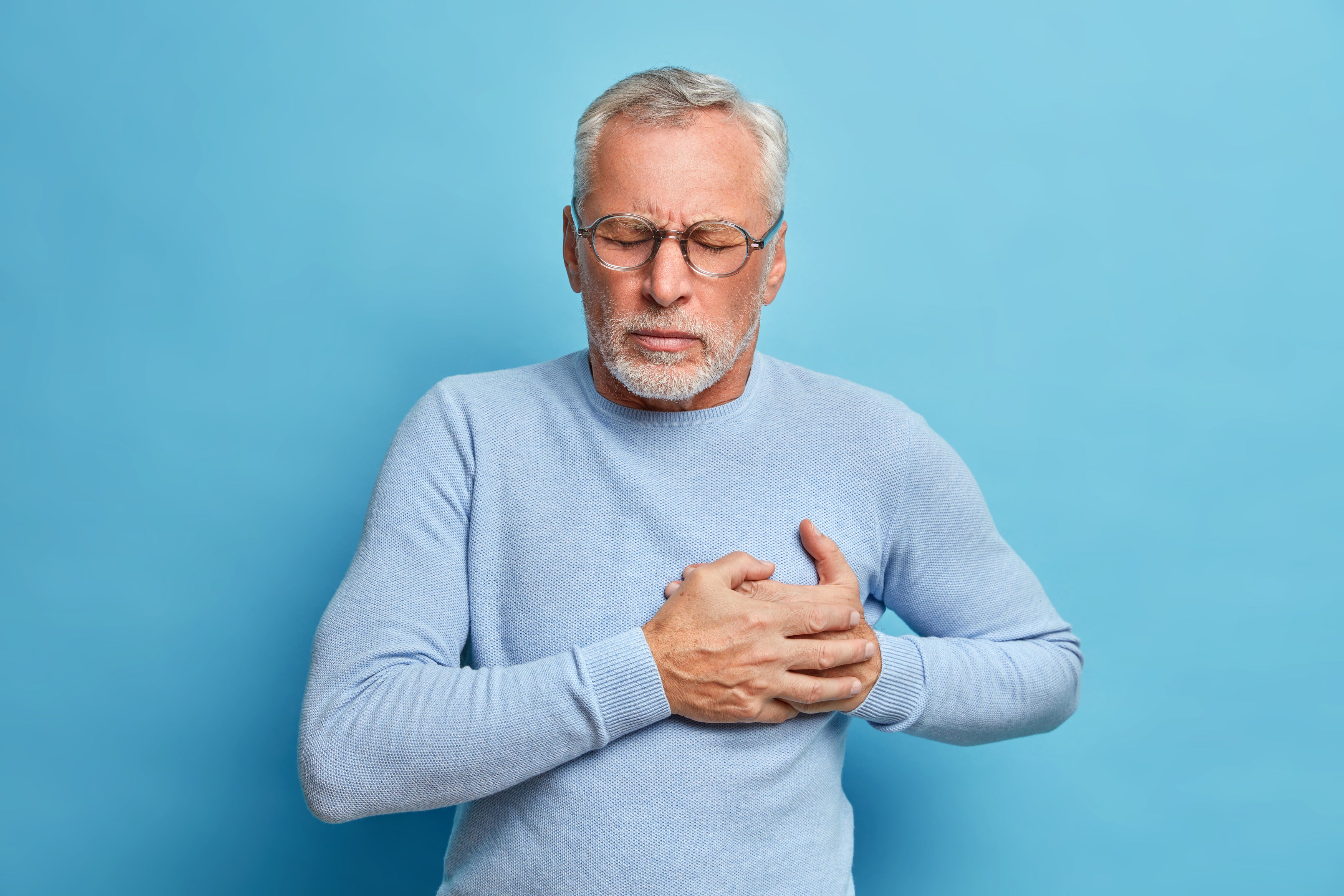
This involves feeling like the heart is missing a beat or creating a feeling of pounding or throbbing. The issue is often the result of easy-to-fix problems, e.g., getting insufficient sleep or consuming too many drugs, e.g., caffeine. Rarely is it a sign of atrial fibrillation, a medical emergency.
Frequently Asked Questions
How to test oneself for a heart attack?
There are many ways to check for a heart attack. Some tests are self-checks, e.g., chest tightness, chest pain, pressure lasting for minutes, nausea, stomach pain, vomiting, heartburn, indigestion, sudden lightheadedness or dizziness, and the pain that radiates down the left side of the body.
Click here to read about 10 Signs of Heart Disease.
What to expect one month before a possible heart attack?
Some warning signs of a heart attack that occur one month beforehand are shortness of breath, fatigue, and chest discomfort. The heart attack becomes the final medical emergency in which the supply to the heart is suddenly closed.
How do you guess about a minor heart attack?
Several symptoms reflect the possible minor heart attack. These include chest pain that feels aching, squeezing and painful, and tight chest discomfort that causes pain that spreads to the upper belly, teeth, jaw, neck, arms, and back. Often, people feel fatigued, have cold sweat, have shortness of breath, and experience nausea, dizziness, and fatigue.
How to avoid a possible heart attack?
There are many solutions for a potential heart attack. Prevention of a coronary heart attack includes:
- Eating a balanced and healthy diet.
- Being physically active and healthy.
- Keeping an ideal weight.
- Leaving smoking.
- Lowering alcohol consumption and taking the prescribed medications regularly.
Which arms hurt during a possible heart attack?
Chest pain is one of the symptoms of a heart attack. It causes a feeling of squeezing, heaviness, tightness, and pressure inside the chest. A person feels pain flowing from the chest to the lower arm, usually the left one, but both arms often become involved.
Which person is at risk of a heart attack?
The risk of a fatal cardiac event is higher in women past menopause and men over 45. The family history of heart disease is something a person can't control, but it is influenced.

Bottom-line
The proper recognition and awareness of the six discernible signs of adverse cardiac health events empower people with the knowledge and medical attention related to the long-term viability of these cases. Understanding these causes is necessary to target these issues.
However, targeting these areas needs proper addressing of all life goals and activities. We have discussed the Signs and Symptoms of Heart Disease in another must-read article. Visit the page to read it.






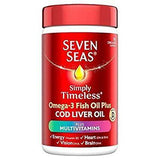

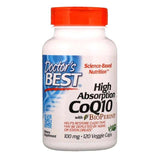
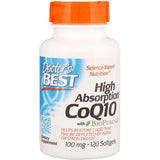

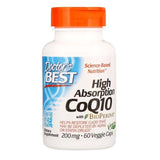
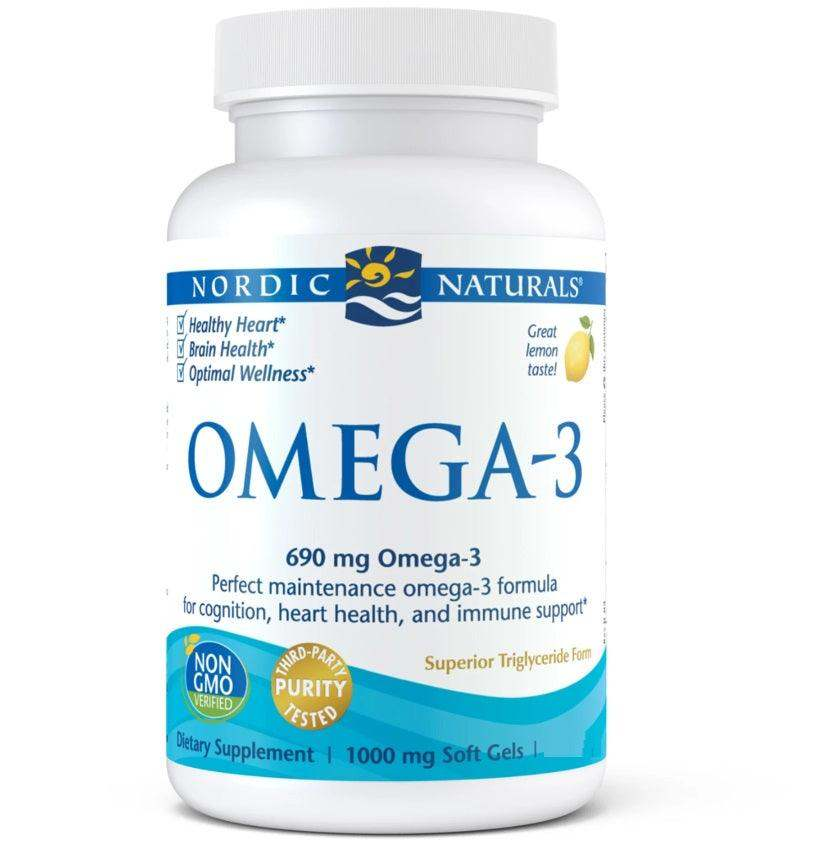
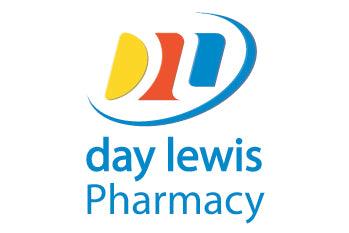











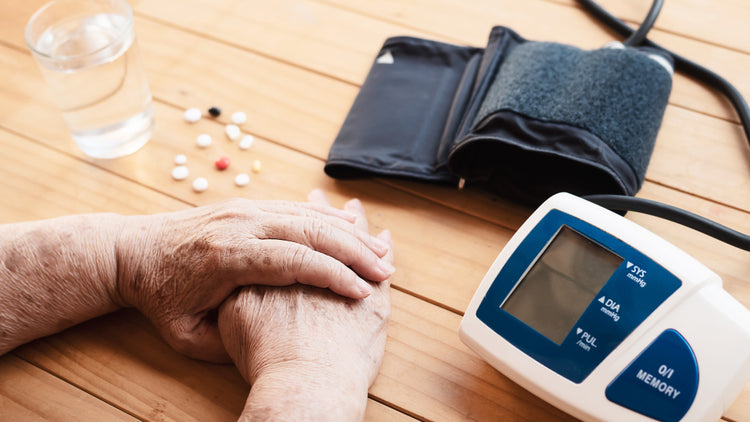
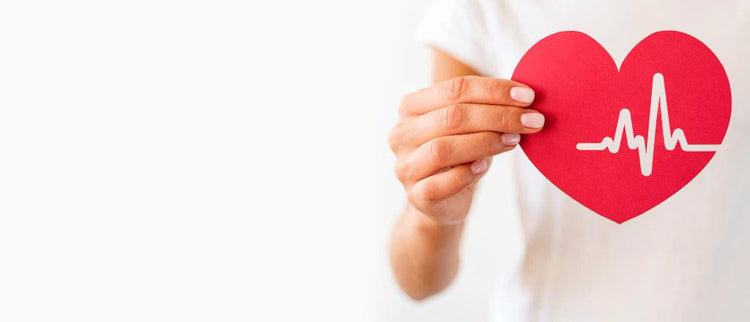
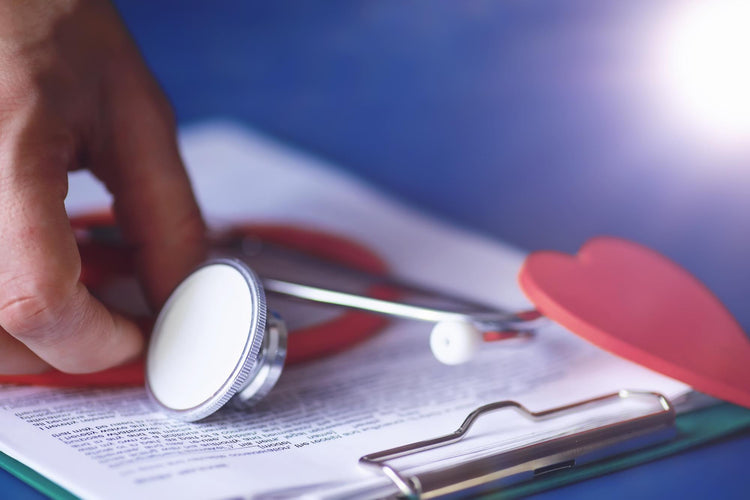
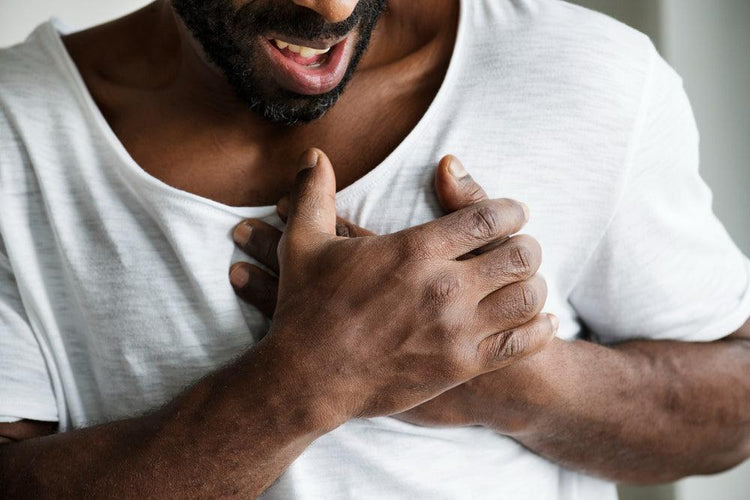
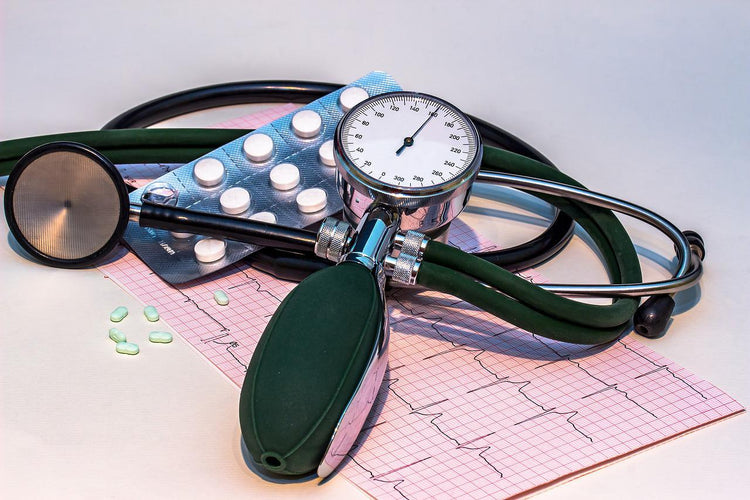

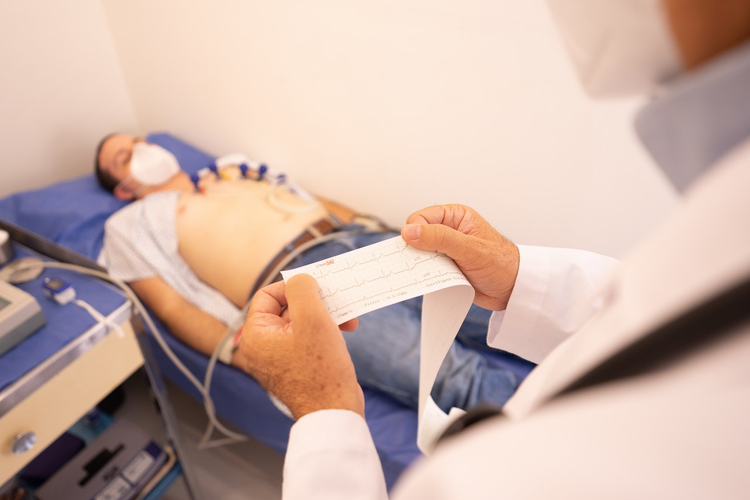
 Rated Excellent by 26,523+ Reviews
Rated Excellent by 26,523+ Reviews